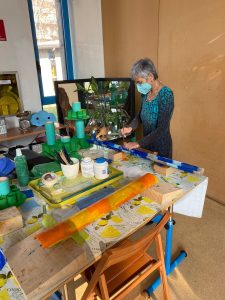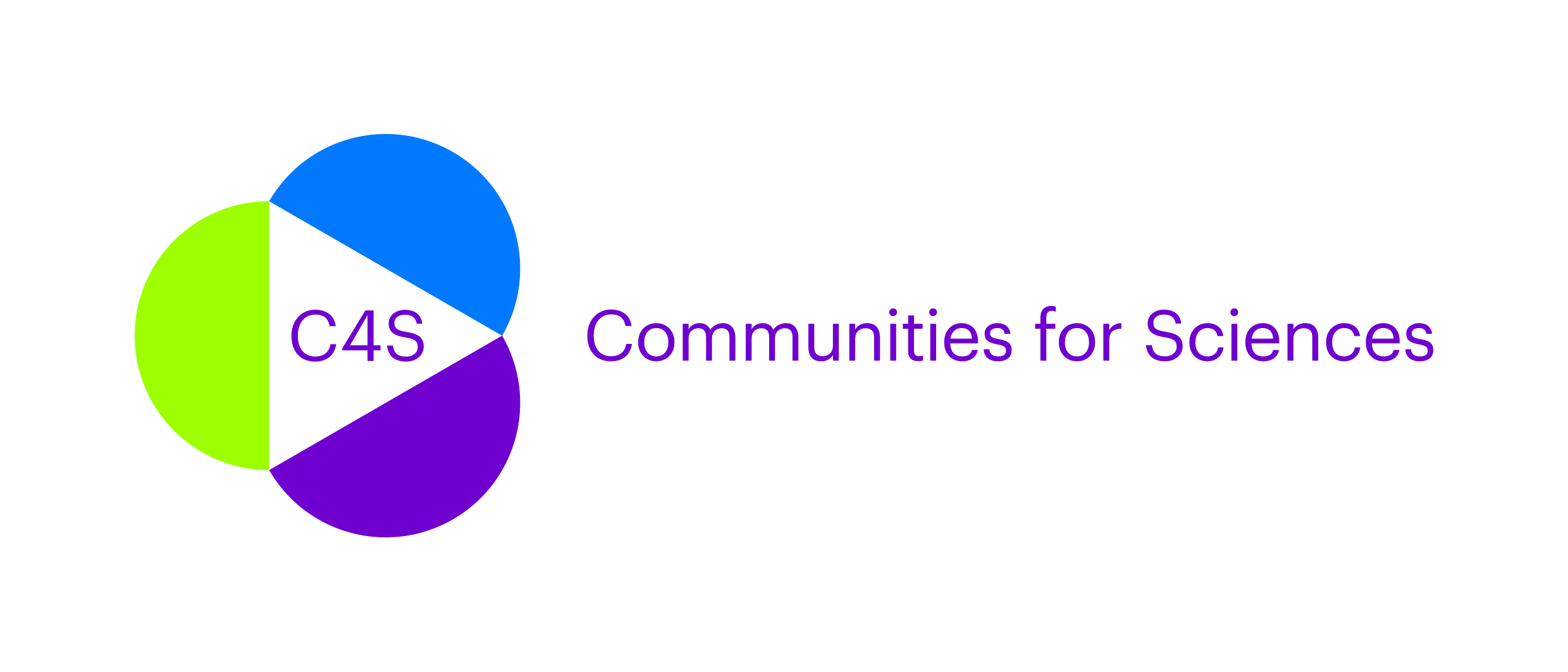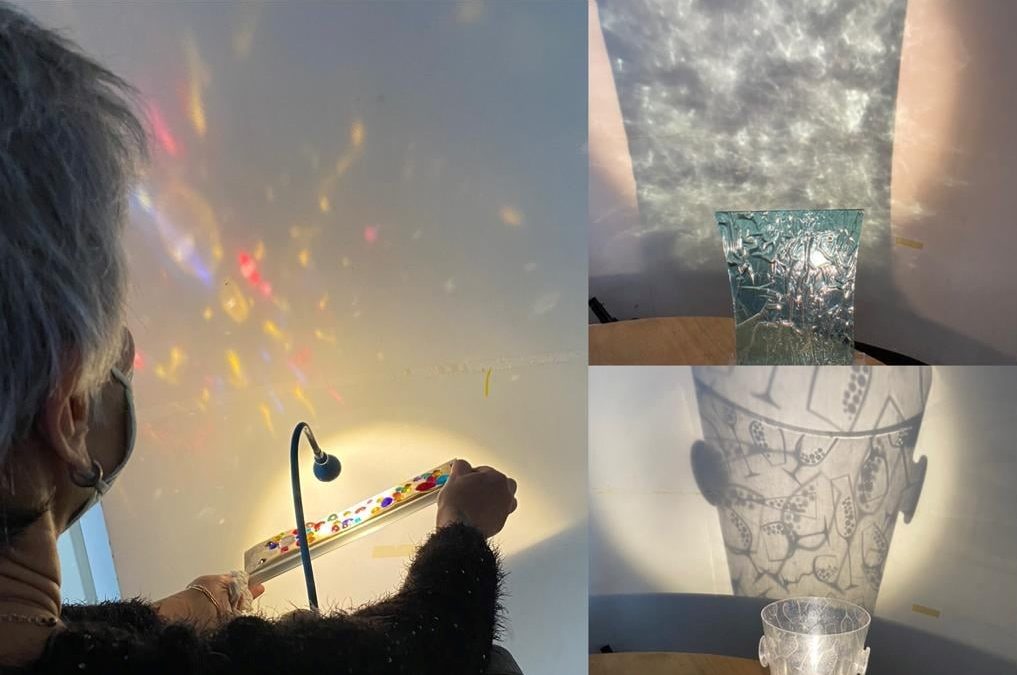What role does GiocheriaLaboratori play in the C4S Project?
In the Project GiocheriaLaboratori (sestosg.net/servizi/giocherialaboratori) is one of the Living Labs of the HUB Milano, that brings together the two Italian partners of C4S (University of Milano-Bicocca and the Municipality of Sesto San Giovanni, Socio-Educational Sector). It is an educational service, that aims to stimulate and grow children’s learning and creativity by designing and implementing inclusive and non-formal scientific laboratories. It offers consultation and pedagogical supervision to the schools carrying out pilot laboratories within the project and holds, with the support of the Bicocca University, Action-Training-Research courses to teachers and educators interested in Inclusive Science Education.
When was GiocheriaLaboratori born and who is it aimed at?
GiocheriaLaboratori was founded in 1987 as a permanent educational laboratory in the centre of Sesto San Giovanni, Via Tonale 40. It is a public space for children, teachers and educators of all kindergartens and primary schools (aged between 3 and 11 years) in the Municipality and the surrounding areas. It was opened in prefabs that also housed some primary school classes; after their demolition, the participatory design of architects and pedagogists gave rise to a new structure, the current one, where Giocheria still shares the space with Piccoli&Grandi (a service for families with children from 0 to 3 years old).
The space is surrounded by a wide garden which allow a rich dialogue between inside and outside, offering opportunities and ideas for outdoor educational games and experiences.

What are the characteristics of your proposals to schools?
Over the years, the Giocheria’s team deepened and tested the pedagogical approaches and the most useful educational laboratory settings that can enable children to discover autonomously and self-check different scientific phenomena. Through systematic study, reflection and documentation, the staff shaped a model for carrying out scientific laboratories that tries to complete children’s school curricula with opportunities for a hands-on approach to science, particularly physics. Indeed, this type of laboratories allows children to explore directly different scientific subjects, such as light, astronomy, mathematics, forces and balances, earth and living things, materials.
Giocheria also provides teacher training: indeed, one of the goals is to pass down curiosity and motivation to teachers and educators in order to carry out in school contexts experiences of a direct and continuous approach to the phenomena studied by science. This type of training also aims to increase the skills of teachers and educators in designing inclusive scientific settings.
What is the special feature of your laboratory design?
Our main feature is to build ad hoc materials rather than buying already structured ones on the market, because this allows for greater flexibility in the proposals. The design of the science laboratories involves the operators in the search for suitable materials to set up spaces that promote exploration activities. The large quantity and variety of materials made available to children changes the approach to the experience and implies a relevant and unusual involvement at different levels: emotional (curiosity and amazement), exploratory (touching, using, trying) and cognitive (building knowledge). These materials are also found thanks to the contribution of local craftsmen and companies who provide us with manufacturing waste, which is reused in an original and aesthetically pleasing way.
How has Giocheria’s proposal changed in the last period?
In 2020 GiocheriaLaboratori experienced many changes, mainly due to two factors: the participation in the C4S Project and the impact the COVID-19 pandemic had on the world of education. The pandemic situation and solicitation received from C4S for creating Community Living Labs in our territory led to a redefinition of “contractual arrangements” with the schools and the laboratory proposal was reshaped: the schools themselves were involved in co-designing and carrying out the scientific laboratories at their premises, redesigning the learning settings focusing on the access to science for all children.
In this framework, the daily sharing and the Action-Training-Research initiatives represent moments of particular importance: Giocheria’s proposals always take on meaning as part of a systematic approach to the school and educational experiences. The focus is on how to involve all children, including those with disabilities and special educational needs, in scientific knowledge and learning pathways.
What experiences of sharing and co-design with the territory characterized the service?
As already stated above, the fulfillment of the current structure is the result of participatory co-planning. Furthermore, for years GiocheriaLaboratori relies on the invaluable collaboration of a group of parents, the GruppoGenitoriGiocheria, with which many initiatives and laboratories for families are planned and implemented. Over the years, there have been various forms of collaboration and shared planning in the field of Science Education with many external stakeholders and social actors in the area (such as voluntary associations and services within and outside the Municipal administration).
Within C4S, the proposals directly addressed to teachers, educators and children were complemented by a series of collateral activities aimed at spreading knowledge of the project’s themes, values and activities throughout the territory, in particular involving families, local associations and policy-makers.

